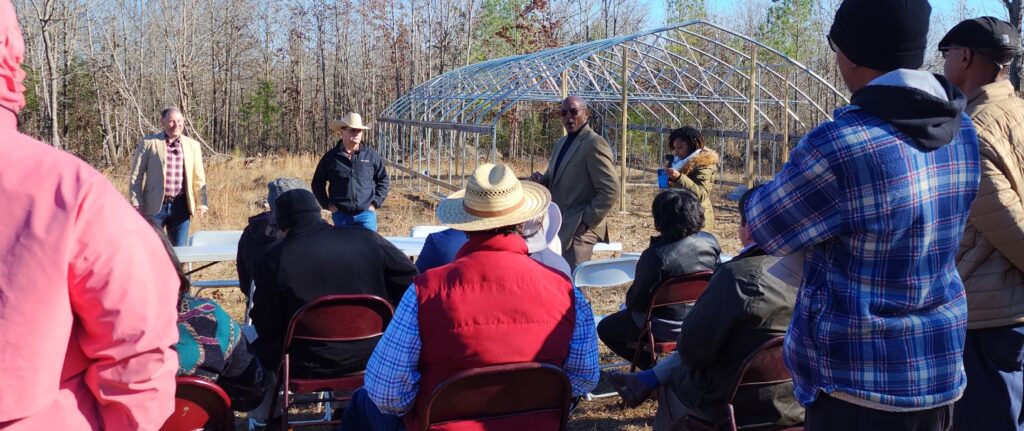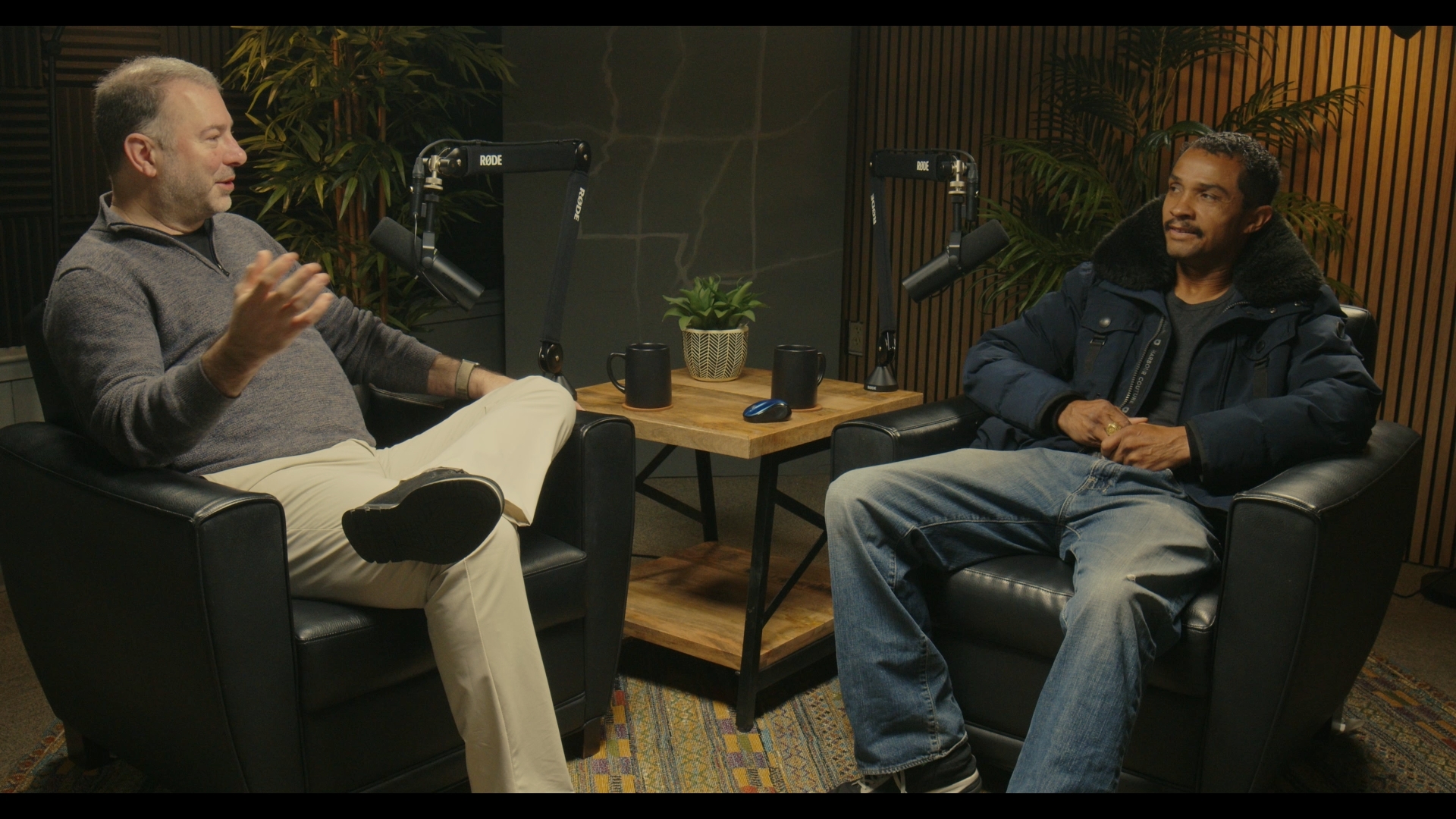Table of Contents
ToggleSummary
Up in Farms has initiated a USDA NRCS Climate Smart Project, focusing on adopting NRCS-consistent conservation techniques for high-quality, specialty crop production. The project emphasizes carbon sequestration and reducing greenhouse gas emissions, with strict standards maintained throughout production. A robust technology ecosystem, including Teralytic soil probes and data integration software, supports this initiative. Training and demonstrations are provided to empower partner farms in implementing Climate-Smart practices. The project aims to provide financial assistance to producers through direct-payment opportunities and other incentives.
Impact on Small Farmers
The Climate Smart project targets socially disadvantaged, limited resource (SDLR) farmers in Mississippi and South Carolina, who have historically been overlooked by agricultural advancement programs. The initiative involves 30 farms across both states, predominantly SDLR, with each farm receiving support averaging $125,000. The project aims to increase land use, enhance production, family income, and local economies by demonstrating climate-smart practices and facilitating market access.
Commodities Supported
The project supports a range of perishable crops like blueberries, broccoli, corn, cucumbers, and livestock such as cows and chickens. It focuses on harmonizing conservation practices with profitability, designing comprehensive farm plans, and creating Registered UPCs for listed commodities to attract premium pricing.
NRCS Conservation Practices Supported
The initiative adopts a variety of NRCS’s eligible conservation practices, leveraging the COMET-Farm system and FAMU’s carbon modeling to set emission baselines and assess farms’ carbon sequestration and mitigation. Practices include Combustion System Improvement, Conservation Cover, Nutrient Management, and Tree/Shrub Establishment, among others.
Incentives Paid
The project offers four direct-payment opportunities for participants, including payment-per-acre for participation in Crop or Livestock Trials, match payments for verifiable production costs, Bonus Incentives for meeting specific benchmarks, and funding for “early adopter” participants. Total direct incentives amount to $503,504.
Training
Training is a core component, including the Climate Smart Training Series and the CEMA-218 Assessment. The project provides comprehensive training on conservation practices, technical assistance in implementing these practices, and guidance on proper reporting and documentation.
Project Partners
Key partners include CORE SC, Mississippi Delta Council for Farm Workers Opportunities, Inc (MDC), and Mississippi Minority Farmers Alliance (MMFA). These organizations handle producer incentives and recruit participating farms, fostering cooperation between local producers, the Climate Smart project, and supply chain stakeholders.
Timeframe
The project’s timeframe and specific milestones were not detailed in the provided content.
How to Get Involved
Details on how to get involved with the project were not specified in the provided content.




